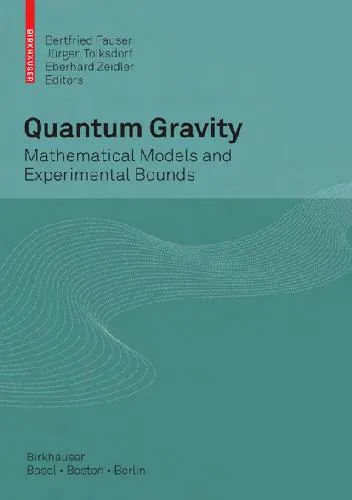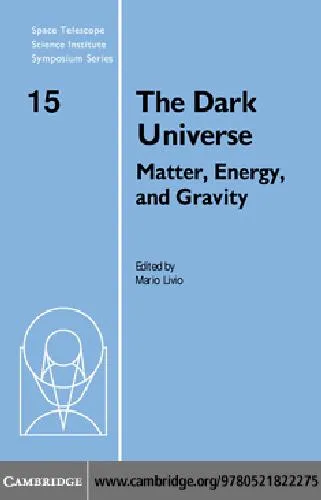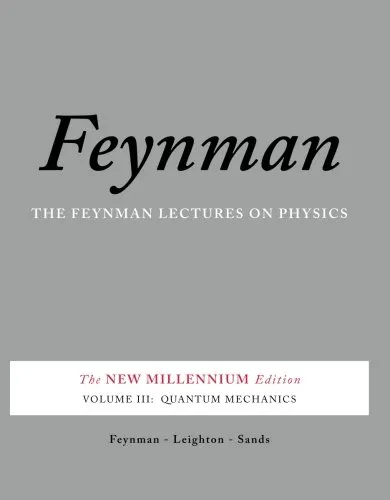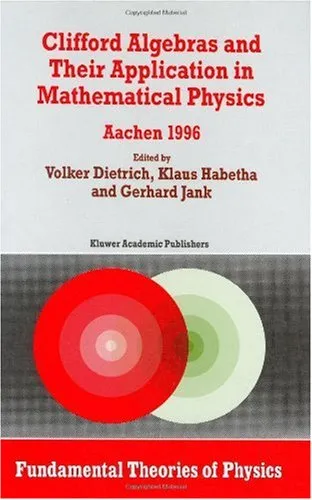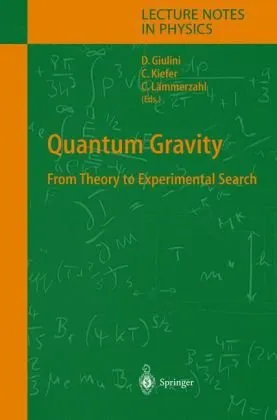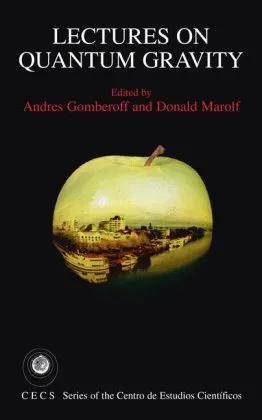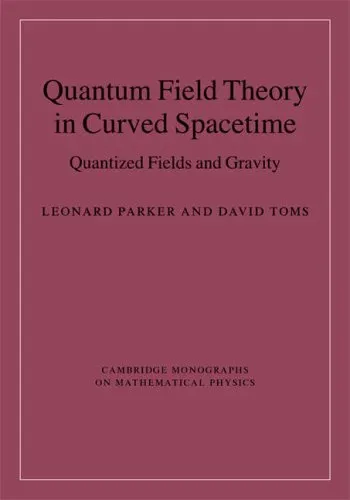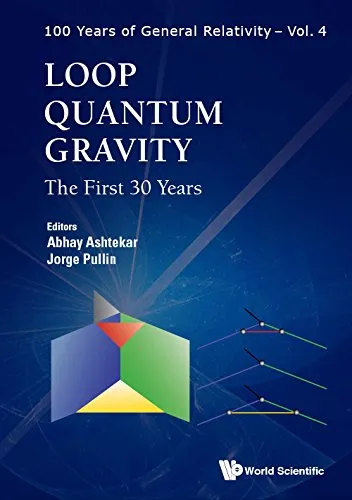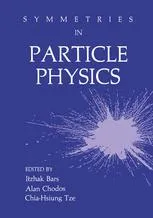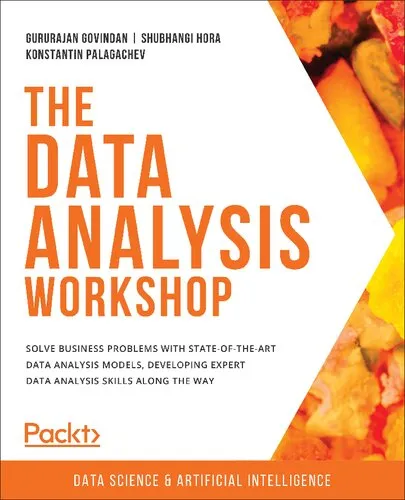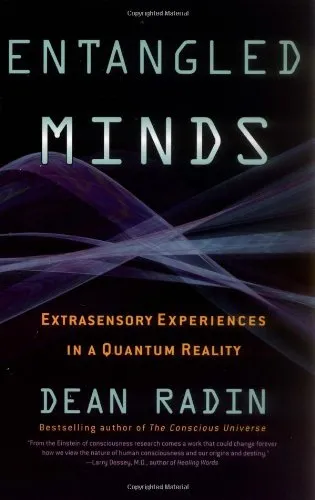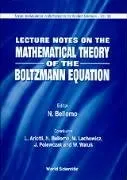Quantum gravity. Mathematical models and experimental bounds
4.5
Reviews from our users

You Can Ask your questions from this book's AI after Login
Each download or ask from book AI costs 2 points. To earn more free points, please visit the Points Guide Page and complete some valuable actions.Related Refrences:
Introduction to Quantum Gravity: Mathematical Models and Experimental Bounds
Quantum gravity remains one of the most tantalizing facets of modern physics, tantalizingly perched at the intersection of general relativity and quantum mechanics. In "Quantum Gravity: Mathematical Models and Experimental Bounds," we delve into the theoretical intricacies and groundbreaking experiments that are sculpting the future of this rich field.
Summary of the Book
Quantum gravity seeks to unify the grand cosmic narrative of general relativity with the unpredictable tapestry of quantum mechanics. This book is designed for both the seasoned physicist looking to deepen their understanding and the passionate novice eager to explore one of science's most stimulating frontiers.
Starting with a broad historical overview, the book captures the evolution of ideas from Einstein's revolutionary contributions to the latest string theory paradigms. Readers are introduced to manifold mathematical models that attempt to elucidate the quantum properties of gravity. The exploration includes loop quantum gravity, spin foams, and causal dynamical triangulations, offering a diverse spectrum of approaches to quantum gravity.
The book also gives significant weight to experimental aspects, emphasizing the importance of verifying theoretical predictions through empirical observations. It discusses current experiments and observational data from gravitational wave astronomy, tabletop experiments at microscopic scales, and high-energy cosmic phenomena that could potentially unlock the secrets of quantum gravity.
Key Takeaways
- Understanding the fundamental goals and challenges of unifying quantum mechanics and general relativity.
- Exploring multiple mathematical models including their advantages, limitations, and current developments.
- Evaluating experimental evidence and how future technological advancements might resolve existing theoretical conundrums.
- Identifying how new approaches, such as quantum information theory, influence our understanding of quantum gravity.
Famous Quotes from the Book
"The quest for a quantum theory of gravity may well define the boundaries of modern physics, both as a conceptual endeavor and as an empirical challenge."
"To seek quantum gravity is to seek a language that speaks with the grand order of the cosmos, and the uncertain whispers of the quantum realm."
Why This Book Matters
The study of quantum gravity is not merely an academic pursuit but an essential criterion for understanding the universe at its most fundamental level. This book is crucial as it synthesizes a vast array of theoretical models and experimental efforts aimed at addressing one of the greatest puzzles facing physicists today.
With the universe constantly expanding and the scale of quantum mechanics ever shrinking, educators, students, and researchers find themselves in urgent need of a comprehensive guide through the labyrinthine corridors of quantum gravity research. This book provides such guidance, equipping readers with both the theoretical frameworks and experimental acumen necessary to navigate these exciting developments.
By reading this book, you not only gain insight into contemporary scientific challenges and methodologies but also join a community of thinkers poised to unravel the profound mysteries of nature—potentially leading to breakthroughs that could redefine our understanding of space, time, and existence itself.
Free Direct Download
You Can Download this book after Login
Accessing books through legal platforms and public libraries not only supports the rights of authors and publishers but also contributes to the sustainability of reading culture. Before downloading, please take a moment to consider these options.
Find this book on other platforms:
WorldCat helps you find books in libraries worldwide.
See ratings, reviews, and discussions on Goodreads.
Find and buy rare or used books on AbeBooks.
1334
بازدید4.5
امتیاز0
نظر98%
رضایتReviews:
4.5
Based on 0 users review
Questions & Answers
Ask questions about this book or help others by answering
No questions yet. Be the first to ask!
